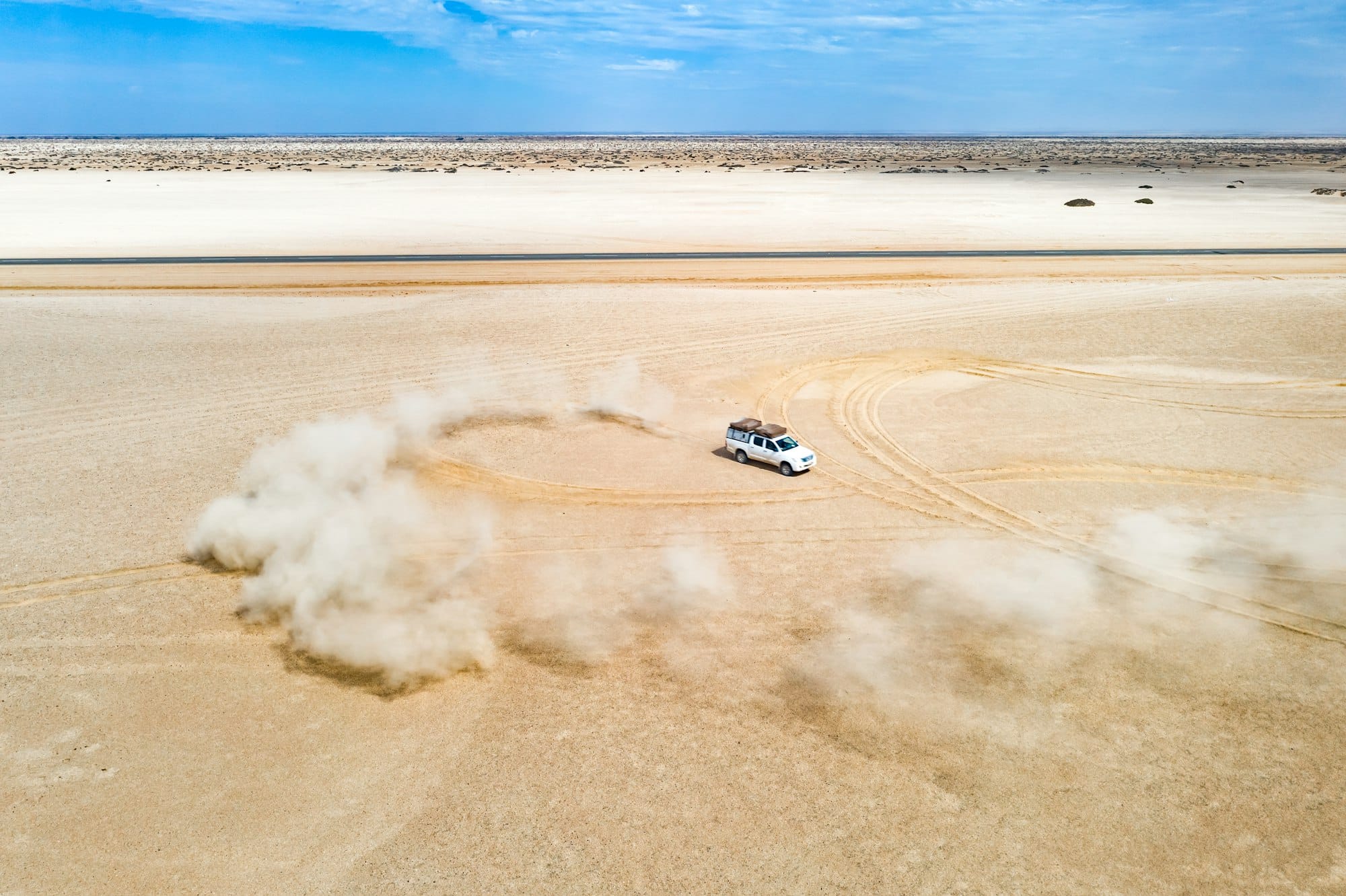How to Optimize the Suspension Settings on a Toyota Supra for Competitive Drifting?

For the uninitiated, drifting might seem like a reckless, daredevil activity. But for the enthusiasts, it’s a high-adrenaline sport that demands precision, control, and a finely-tuned machine. Speaking of finely-tuned machines, the Toyota Supra has become a popular choice in the drifting community due to its rear-wheel-drive layout and potent engine. However, to leverage the best out of this sports car, you need to know how to fiddle with the suspension settings. In this article, we will guide you on how to optimize the suspension settings on a Toyota Supra for competitive drifting on the track.
Understanding the Importance of Suspension Settings in Drifting
Before you get to work on your Supra, it’s crucial to understand the role of suspension settings in drifting. They are responsible for how your car behaves on the track. From how hard or soft the ride is, to how the car reacts to steering input, every aspect tied to your car’s handling is influenced by these settings.
A lire aussi : Can an Aluminum Radiator Upgrade Prevent Overheating in a Jaguar F-Pace Supercharged?
The ultimate goal when adjusting your suspension for drifting is to find the right balance. You’ll want your car to have enough grip to control the drift, but not so much that it prevents the car from sliding. Similarly, you’ll want your vehicle to be stable, but not to the point where it becomes difficult to initiate a drift.
In a nutshell, playing with your suspension settings is about tailoring your car’s behavior to your liking and making the most of what it has to offer on the racing track.
Lire également : What Are the Benefits of Switching to LED Headlights in a Mazda CX-9?
Adjusting the Rear Suspension for Drifting
One of the most crucial aspects of drifting is the ability to control the car’s rear end. The Toyota Supra, being a rear-wheel-drive car, has a lot of its weight in the back. This makes it an excellent candidate for drifting, but also a bit challenging to handle.
To start with, you’ll want to adjust the rear suspension to be stiffer than the front. This will make the car more responsive and will enable it to break traction more easily. You can achieve this by increasing the spring rate of the rear suspension.
In addition, you should also consider adjusting the rear camber. A negative camber setting (where the top of the tire is leaning towards the car) can help improve the grip when you’re sideways, hence making the car more controllable during a drift.
Setting the Front Suspension for Drifting
Moving on to the front end of the car, the aim here is to provide as much grip as possible to maintain control during a drift. The front suspension settings play a key role in how well you can steer the car while drifting.
For starters, it’s advisable to keep the front suspension a bit softer than the rear. This will provide better grip and will make for a more predictable and manageable drift.
Secondly, consider adjusting the front toe settings. A bit of toe-out (where the front of the tires point away from each other) can quicken the car’s steering response. This is helpful in drifting where quick steering inputs are often required.
The Role of Tires in Drifting
While this article focuses on suspension settings, it’s crucial not to overlook the role of tires in drifting. The type of tire you use, its pressure, and how worn out it is can significantly impact your car’s drifting performance.
Generally, you’ll want to go for a harder compound for the rear tires. This is because harder tires tend to break traction more easily, which is what you need for drifting.
As for tire pressure, a higher pressure can reduce the grip, making it easier to initiate a drift. But remember, too much loss of grip can make the car uncontrollable. Hence, it’s all about finding the right balance.
Using Drift Assist Tools: The Forza Example
Finally, it’s worth noting that there are various tools and simulators like Forza that can help you experiment with different suspension settings and understand their impact without the risk of damaging your Supra. These simulators allow you to adjust every aspect of your car’s suspension and see how it affects the car’s behavior on a virtual track.
By using such tools, you can get a feel for what each suspension setting does and develop a baseline setup that you can later apply to your real car. Remember, the ultimate goal is to create a car setup that complements your driving style and enhances your performance on the track.
The Impact of Ride Height on Drift Performance
Ride height, or the distance between the base of your car and the ground, is a fundamental setting in any type of motorsport, including drifting. In a drift car like the Toyota Supra, adjusting the ride height can drastically modify the car’s center of gravity and weight distribution, both vital aspects for a successful drift.
Typically, a lower ride height can be beneficial for drifting. It creates a lower center of gravity, enhancing stability and reducing body roll during drifts. However, a car set too low may encounter problems with road bumps and irregularities, potentially leading to a loss of control.
As for the Toyota Supra, a popular method amongst drifters is to have the front of the car slightly lower than the rear. This staggered setup aids in quickening the car’s response to steering inputs and can also facilitate the initiation of a drift.
Additionally, this setup can help to transfer weight to the rear tires during a drift, which is crucial in maintaining control and preventing the car from spinning out. But remember, excessively altering the ride height can make your Supra handle unpredictably. As always, it’s about striking the right balance.
Exploring Other Racing Games for Drift Tuning
While Forza Horizon remains a top choice for simulating and experimenting with drift tune settings, other games like Gran Turismo and Drift Hunters also offer realistic physics and detailed tuning options.
Gran Turismo, for example, is renowned for its extensive car customization options, allowing you to adjust everything from spring rate to negative camber, just like in a real-life scenario. Furthermore, it features a variety of iconic drift cars, including the Ford Mustang and Alfa Romeo, providing a comprehensive platform for drift tuning practice.
Drift Hunters, on the other hand, places a special emphasis on the drifting aspect. It provides an interactive platform for you to experiment with various settings and understand their impact on the car’s drifting performance.
Regardless of the game you choose, the key is to use these simulators as a tool for learning and experimentation. They provide a safe environment where you can take risks and make adjustments without worrying about damaging your car or risking safety.
Conclusion: Fine-tuning the Toyota Supra for Competitive Drifting
Drifting is no doubt an exhilarating sport, and it becomes even more exciting when you have a finely-tuned machine like the Toyota Supra. Understanding and adjusting your suspension settings can significantly enhance your drifting performance and overall control of the car.
Remember, it’s all about balancing grip and stability with the ability to initiate and maintain a controlled drift. Whether you’re adjusting the spring rate, ride height, or experimenting with hard tires, every setting plays a crucial role in how your Supra behaves on the track.
Additionally, virtual racing games like Forza Horizon, Gran Turismo, and Drift Hunters provide a valuable platform to understand, experiment, and perfect your drift tune setup safely.
Ultimately, the best setup is the one that complements your driving style and the specific demands of the track. So, don’t be afraid to experiment, learn, and continually refine your setup. After all, the world of drifting is all about constant adaptation and improvement. Good luck, and may your Toyota Supra become the ultimate drift machine!
